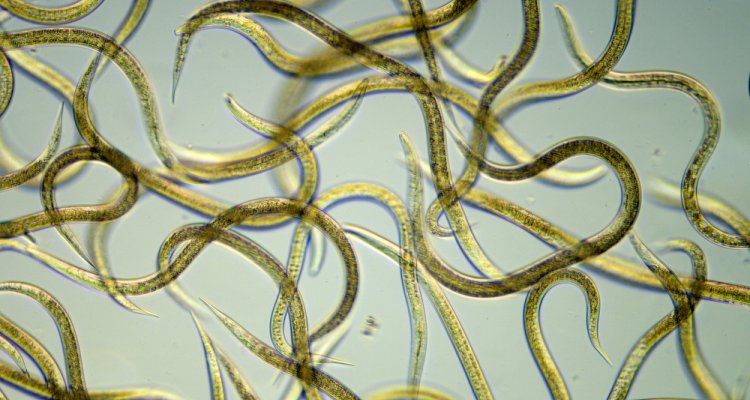
PhD defence
Genomic Insights into effector diversity in Plant-parasitic Nematodes
Summary
Plant-parasitic nematodes represent a significant challenge to global agriculture, causing extensive damage to crops. These microscopic worms employ sophisticated strategies to infect and exploit plant hosts, utilizing an arsenal of proteins that alter plant cell functions, suppress immune responses, and facilitate the creation of a nurturing environment for themselves within the plant tissues. This research systematically explores the genetic variability of these proteins, both across different nematode species and within populations of the same species, highlighting the complexity of their interaction with plant hosts.
The study's investigations into the genetic diversity and evolutionary trajectories of nematode effector proteins revealed valuable insights into their mechanisms of plant infection and survival. This knowledge is crucial for devising effective strategies to combat these parasites, ultimately contributing to enhancing crop resilience, improving food security, and reducing agricultural losses.